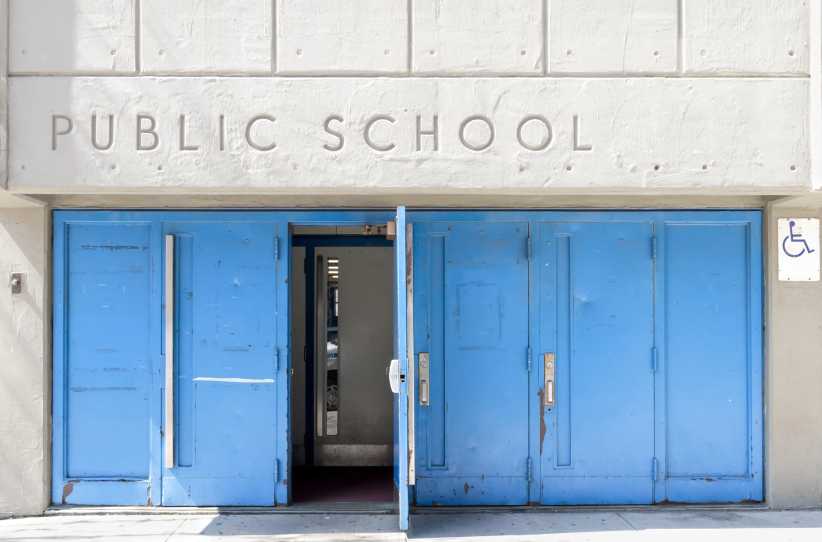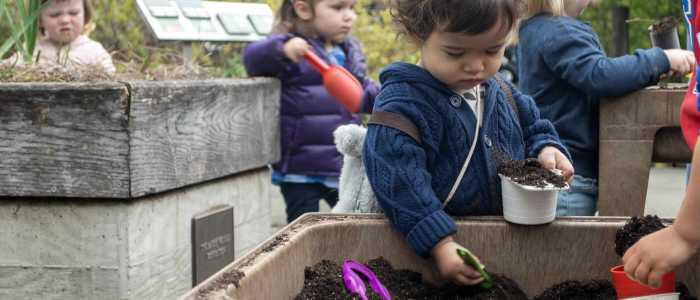 Your child cringes when presented with multi-step math problems, struggles to understand basic concepts like time or money, and dislikes math more than–well, just about anything. Yet math is here to stay, and as students progress through school, the math concepts will only continue to build upon themselves and become increasingly challenging. Help your child overcome math anxiety and learn to actually enjoy math with the ideas detailed below.
Your child cringes when presented with multi-step math problems, struggles to understand basic concepts like time or money, and dislikes math more than–well, just about anything. Yet math is here to stay, and as students progress through school, the math concepts will only continue to build upon themselves and become increasingly challenging. Help your child overcome math anxiety and learn to actually enjoy math with the ideas detailed below.
Change Your Attitude! (Yes, YOU The Parent!)
Many parents feel that they themselves were poor math students when they were in school, and developed a strong dislike for the subject. Yet if your child hears you express disdain for it and complain about how challenging and anxiety-provoking it is, he will likely come to dislike the subject as well. Even if you as a parent were never “good” at math, don’t let your child know. Instead, try to be as positive and empowering about the subject as possible. Having the right attitude can go a long way.
Build Foundations
Without mastering basic foundational concepts, grasping more complex math concepts will inevitably be challenging. With this increased challenge often comes reduced self-confidence and increased anxiety. To prevent this struggle, help your child build key foundations early on by trying some of these activities at home: For young kids, have them learn to count out basic objects, like jelly beans, tooth picks, or paper clips. Then play games like Candy Land or Chutes and Ladders, where they must move their playing piece one square at a time, thereby building one-to-one correspondence skills. Encourage them to build with blocks or LEGOs to develop stronger visual spatial skills (think geometry down the road!). You can also play a “shapes” game where players must find shapes around the house and identify them, like plates (circles), windows (squares), or laundry hampers (rectangles). Developing these basics will help build the foundation for math success.
Make Math Relevant!
For many kids, math seems completely abstract and not relevant at all to every day life. Do family projects and activities that help make math relevant so your child can see the connection between the math they learn in school and how it plays a role in day-to-day life. For instance, when baking, have your child measure, say, 1/4 cup of oil, 1 cup of flour, and 1/2 cup of water–then ask questions like how much oil or water you would need if you doubled or halved the recipe. When grocery shopping, she can help you weigh fruits and vegetables and try to figure out the total cost based on the price per pound. Younger kids can do basic tasks like counting three red apples and four green apples at the supermarket, then adding them together to find the total number of apples. If you’re planning a road trip, sit down with your child to help figure out the total distance you need to travel, how long it should take based on an average speed, how much gas you may need, and even a budget that might be relevant for daily snacks and meals. The more you can show your child how math truly does play a (large) role in our daily lives, the more she will likely enjoy and appreciate the subject.
[gravityform id=”13″ title=”false” description=”false” ajax=”true”]
Teach STRATEGIES
For many children, the mere sight of a long word problem or multi-step computation problem makes them want to cry. You can help ease this sense of panic by teaching them strategies for attacking these types of problems. With word problems, for instance, teach your child the OINS strategy for solving math word problems, which stands for O (Operation), I (Information), N (Number Sentence), and S (Solution Sentence).
After reading the word problem, your child should create four separate lines underneath the problems for each step of the OINS strategy, and write down the following:
O (He writes down the correct operation to use.)
I (He writes down the relevant information from the problem.)
N (He creates a number sentence for solving the problem.)
S (He writes the solution to the problem in a full sentence.)
By using this strategy, he is learning to convert the problem from language to arithmetic and back to language, while solving the problem in a structured, organized format.
If All Else Fails, Get Help!
If your child continues to struggle despite these at-home interventions, it may make sense to seek help–either from her teacher at school, the school’s learning center or resource room, or a tutor. The more proactive you can be in helping your child grasp math concepts, the more you can prevent future challenges down the road.
Math can truly be an engaging, interactive, and very relevant subject. Yet some students just don’t (and feel they will never!) see it that way. Try the strategies detailed above to help your child reverse these negative emotions and feel confident and successful with math.
Dr. Emily Levy is the founder of EBL Coaching, a local tutoring program that specializes in one-on-one home and on-site instruction for students in grades pre-K-12. She is also the author of the workbook series Strategies for Study Success and Flags and Stars. To learn more about Emily Levy and EBL Coaching, visit eblcoaching.com!





















